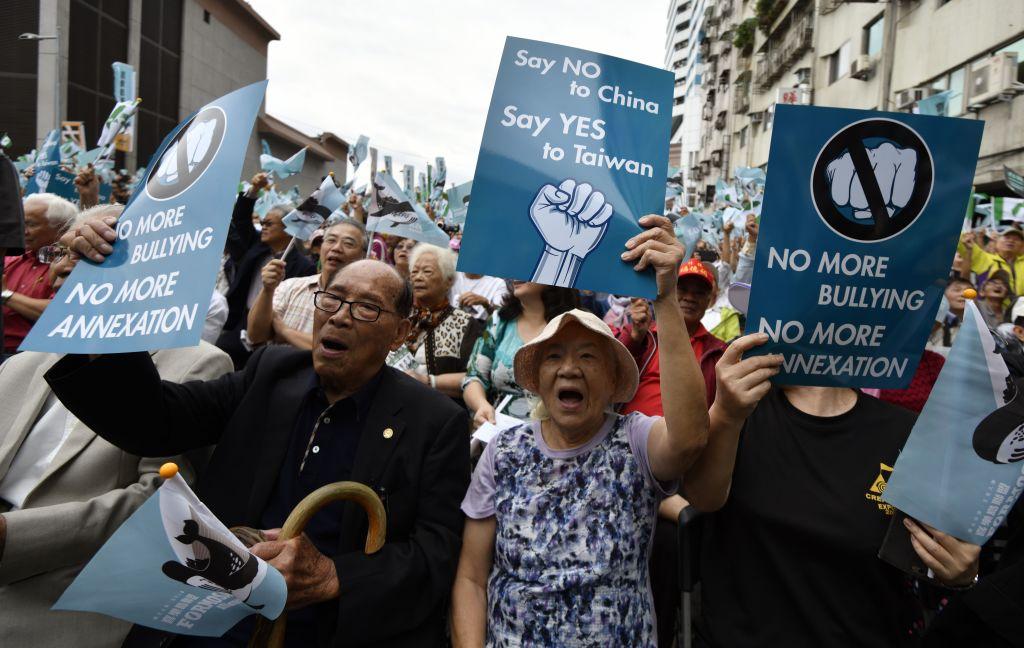The Taiwanese government will intensify its investigation of two pro-Beijing newspapers after politicians recently accused the newspapers of both surveillance activities and spreading fake news on the island, a security official told reporters on Jan. 18.
The official’s remarks come after the two tabloids, Wen Wei Po and Ta Kung Pao, published inflammatory reports about several Hong Kong pro-independence activists who traveled to Taiwan to meet with a “mysterious man,” who was a “secret envoy,” near the presidential palace, according to The Liberty Times (Chinese), a local newspaper.





